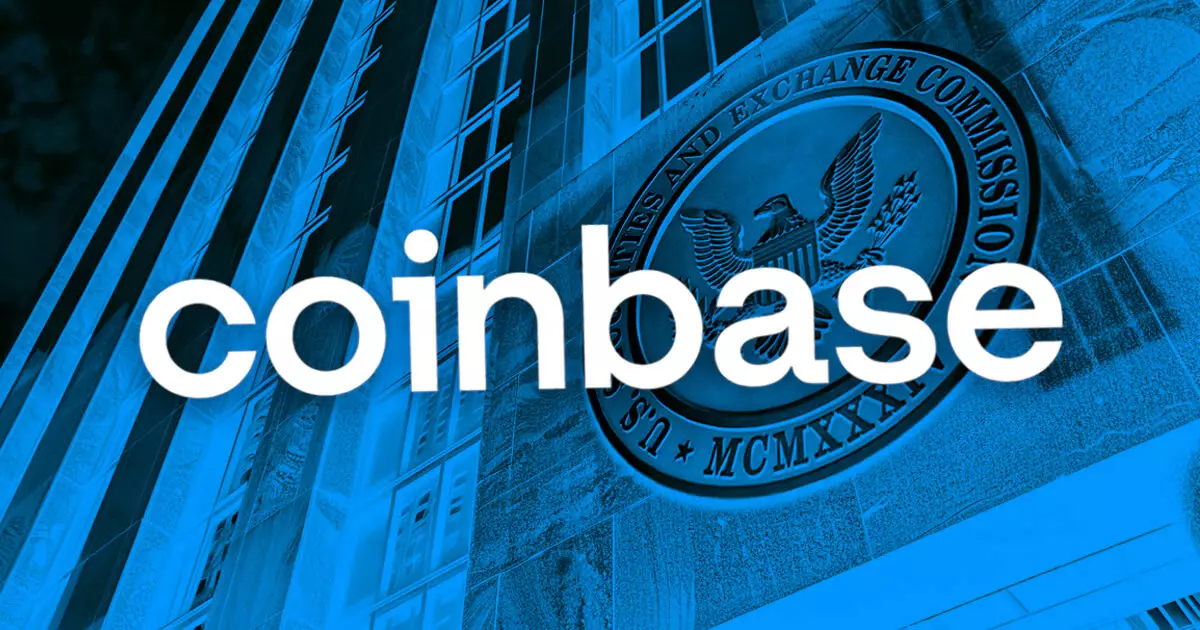The ongoing lawsuit between the US Securities and Exchange Commission (SEC) and the cryptocurrency exchange Coinbase has become a focal point in the debate surrounding regulatory frameworks for digital assets in the United States. As the case continues to unfold, significant developments highlight both the complexities of the legal arguments at play and the broader implications for the cryptocurrency industry.
On September 18, the SEC submitted a letter to Judge Katherine Polk Failla, seeking a four-month extension to finalize fact discovery in its case against Coinbase. The current deadline for the discovery process is set for October 18, but the SEC has requested this to be pushed back to February 18, 2025. The rationale behind this request rests on the SEC’s assertion that it needs more time to meticulously review a vast quantity of additional documents. This increase in the volume of material stems from the SEC’s ongoing compliance with court orders, as it has produced “hundreds of thousands” of documents already.
The SEC’s discovery efforts have revealed a meticulous review process, involving 133,582 unique documents that it intends to examine further. While the agency has made significant progress, it has acknowledged that the task of ensuring compliance with the court’s discovery requirements is substantial and necessitates additional time. Notably, this request represents the SEC’s first appeal for an extension in the case, emphasizing the complexity and duration of the discovery process.
Coinbase, for its part, has agreed to the SEC’s proposed extension and the subsequent adjustment of all future deadlines within the Civil Case Management Plan. This cooperative approach suggests that both parties recognize the importance of thorough preparation as they move forward in the legal proceedings. The extension will, however, have ramifications for the timeline of future motions and trial preparations, potentially delaying significant developments in the case.
The legal battle initiated in June 2023 stems from the SEC’s accusation that Coinbase is operating as an unregistered securities broker, citing certain assets on its platform as unregistered securities. This contention is framed within the context of the Howey Test, which serves as a pivotal standard for defining securities under US law. Coinbase has refuted these claims, maintaining its position that the assets offered on its platform do not meet the criteria for securities, and asserting compliance with existing regulations.
As this case unfolds, it embodies a larger struggle over the regulation of cryptocurrencies in the US. Coinbase has not only filed a motion to dismiss the lawsuit but has also criticized the SEC for lacking clarity in its definitions regarding which digital assets qualify as securities. This frustration resonates with many within the industry who desire more precise guidelines to navigate the evolving landscape of cryptocurrency regulations.
The implications of the SEC’s case against Coinbase extend well beyond the two parties involved; they may reshape the framework through which regulatory bodies approach digital assets. A precedent set in this case could either reinforce the current regulatory approach or prompt a reevaluation of how cryptocurrencies are categorized within the legal framework. Given the rapid expansion and adoption of cryptocurrency, the outcome of this suit could influence investor confidence and the strategic decisions of companies within the sector.
The Broader Perspective: Regulatory Ambiguities
The ambiguity surrounding cryptocurrency regulation is indeed a critical aspect of this litigation. Industry stakeholders have argued that a lack of clear regulatory frameworks can stifle innovation and create uncertainty for businesses that wish to comply with the law. The SEC’s aggressive stance in prosecuting companies like Coinbase could either serve as a deterrent against non-compliance or as a catalyst for calls for more comprehensive regulatory reforms.
As both the SEC and Coinbase prepare for what will undoubtedly be a drawn-out legal confrontation, observers will be keenly watching for insights that might emerge regarding the future of cryptocurrency regulation in the US. The outcome has the potential to either bolster or undermine the current legal positioning of various assets in the market. Ultimately, this case represents not just a battle between the watchdog and a powerful crypto exchange but also a pivotal moment for the broader cryptocurrency ecosystem in its quest for legitimacy and regulatory clarity.



















Leave a Reply